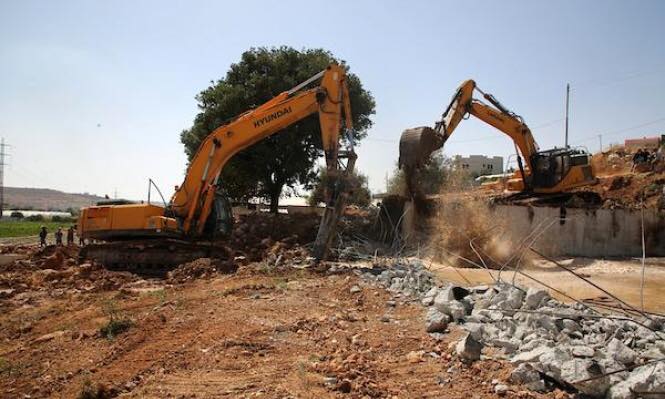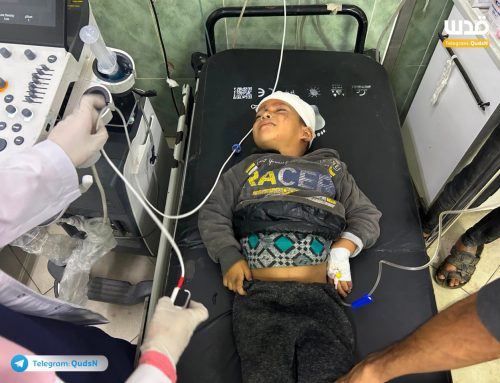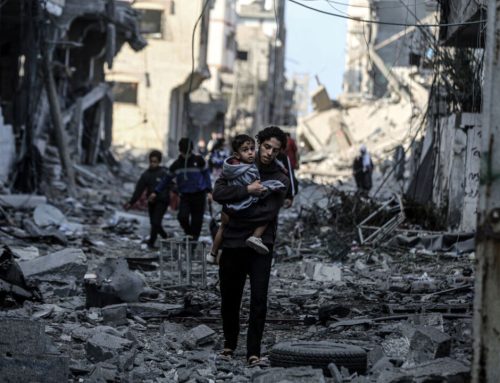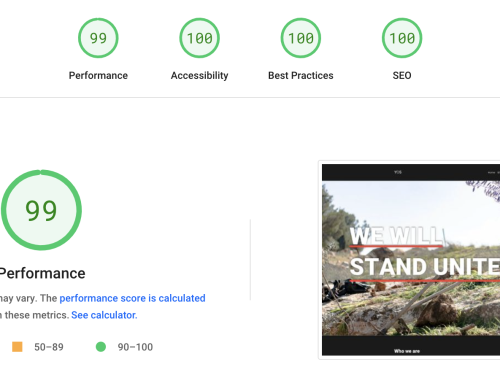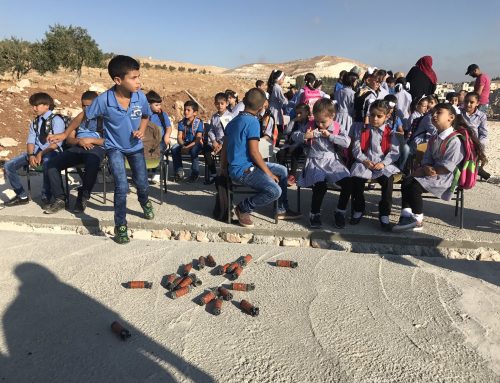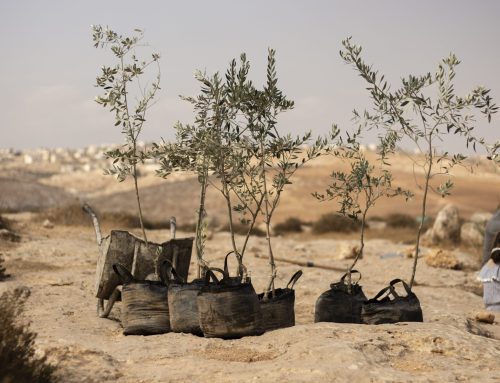Update | 8.11.2019
August Updates
We’ve continued to make big strides locally and internationally in terms of building our networks in order to grow and sustain a movement of change. Understanding that home demolitions and the displacement of the indigenous people isn’t just an issue in East Jerusalem and the West Bank, but across the Green Line in the Naqab, we spent several days interviewing Bedouin communities from the unrecognized villages to listen and record their stories and enter into deeper discussions about how we can move forward together.
We have some additional upcoming conversations with other local and international organizations to see how we can expand on our advocacy approach moving forward, focusing on how we can leverage our resources on the ground and connect them to different litigation strategies happening in U.S. courts. What the Good Shepherd Collective does well is connect with the local communities, document, and share the ongoing process of colonization and the subsequent human rights abuses happening on the ground. With that broad network of Palestinian communities, we are able to connect the impact of Israel’s program of settler colonialism on the ground here with the work going on in the U.S., in Canada, and in the U.K. and Europe.
The forces upholding and continuing the work of occupying and further colonizing Palestinian lands have been busy this month, from settler violence in agricultural lands near Susiya on July 24 to defacing of the Amnesty International office in Tel Aviv. These are not just spray painted far-right ideological slogans, but threats and acts of violence that do not only manifest themselves in immediate, physical ways. For example, earlier this weekthe far-right settler organization Regavim flew a drone over the entirety of the village of Um al Khair, a surveillance tactic used by this organization to collect information on villages in order to pressure the state and Civil Administration into carrying out demolition orders. Meanwhile, the “liberal” prime ministerial challenger to Benjamin Netanyahu, Benny Gantz, prepared for the upcoming election season by touring settlements in the Jordan Valley and promising that Israel will not part with this portion of Palestinian occupied territory in any future peace negotiations.
Alongside these threats against communities and those working to protect their rights, the Civil Administration and military have been busy confiscating and destroying water pipes and cisterns throughout the West Bank, as well asclosing entrances to villages, confiscating tents, and demolishing homes. In particular, the July 22 demolition of homes in Wadi al Hummus gained international media attention as the homes were under the jurisdiction of the Palestinian Authority, and therefore should not have been vulnerable to demolitions.
It is important while reflecting on these recent acts of violence, that what we DO NOT center our justice work on individual violations of international law alone. Rather, we need to focus on the structures and systems underpinning oppression in the West Bank, in Jerusalem, in the Negev, and throughout the land that. The ongoing settler colonialism in this land and the policies that uphold it–home demolitions, for example–are all part of maintaining state power through a Jewish demographic majority. As such, our analysis should include openly racist organizations like Im Tirzu, Regavim, Lehava, and others as a means to reduce their financial resources and political resources.
Following that line of thinking, Good Shepherd Collective field coordinator and core member Awdah Hathaleen shared his testimony for IfNotNow’s ongoing digital tour of the Israeli occupation as an alternative to AIPAC’s propaganda tour of the region. As Awdah says, “Come to Um al Khair…see how the people are living, see the difference between the settlement and [the] village.” With this statement, Awdah reminds us that it is not simply about settlers’ and extremists’ overt acts of racism, but rather the structural inequalities that allow for Israeli settlers to live in safety and security while their Palestinian neighbors are denied permits to build homes, access to water, electricity, and even access to their own lands. The way we will change this reality is not by changing individuals’ perspectives, but by changing laws and policies. You can share this video from our Facebook page, and find others IfNotNow has published by searching #SkiptheTrip.
You can follow our work more closely by liking our page onFacebook and following us on Twitter and Instagram, as we are dedicated to sharing updates on every platform in order to engage people where they are most active.
In order to continue this work, we asking you to make a financial investment. We are urging people to sign-up for small monthly micro-donations of 5, 10, or 20 dollars. This money goes toward funding travel and communication expenses. If you are a US citizen and want to make a tax-deductible contribution, you can do so through the Alliance for Global Justice by clicking here. If you are in the UK, you can use our partners the British Shalom-Salaam Trust and use GiftAid.



